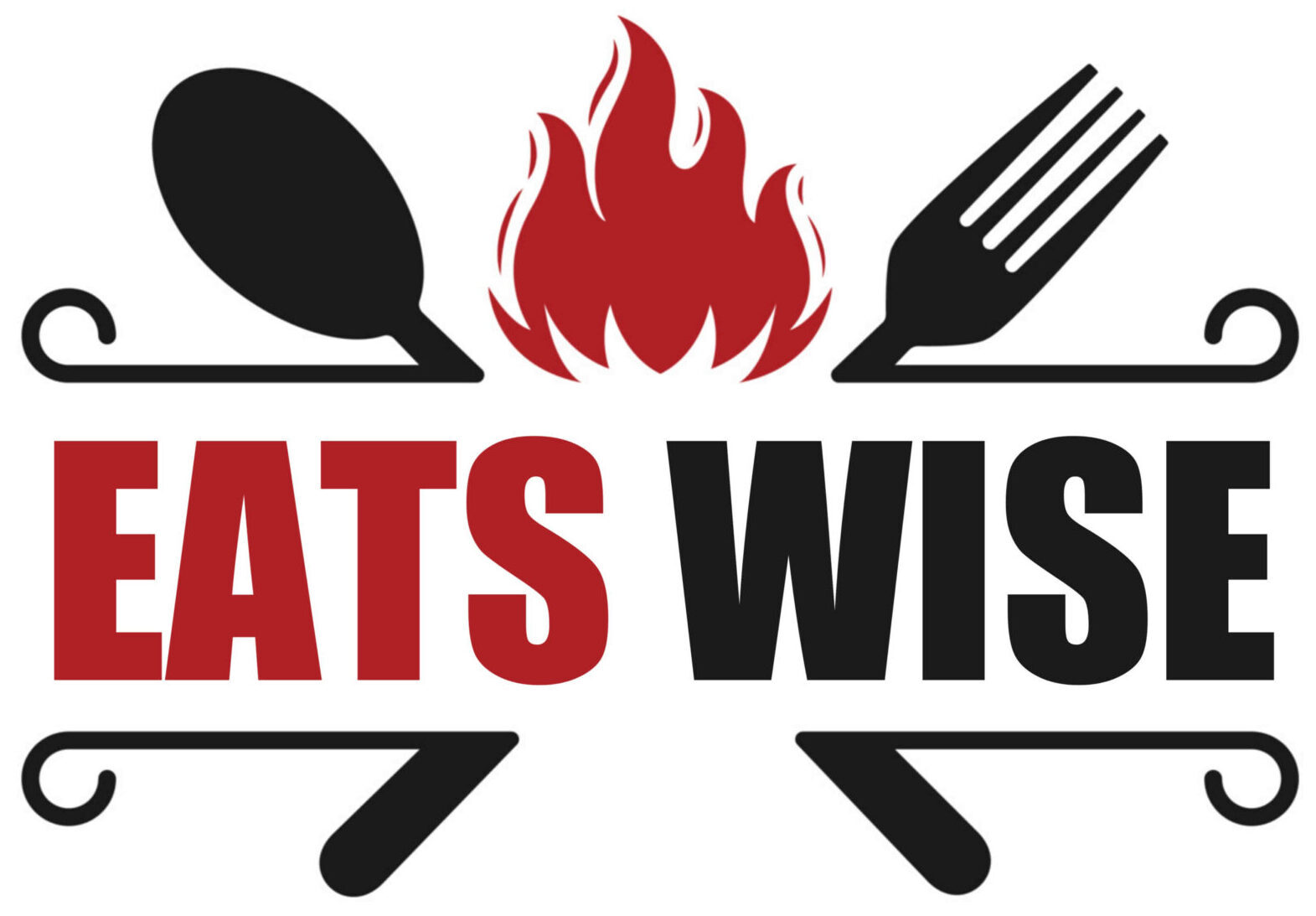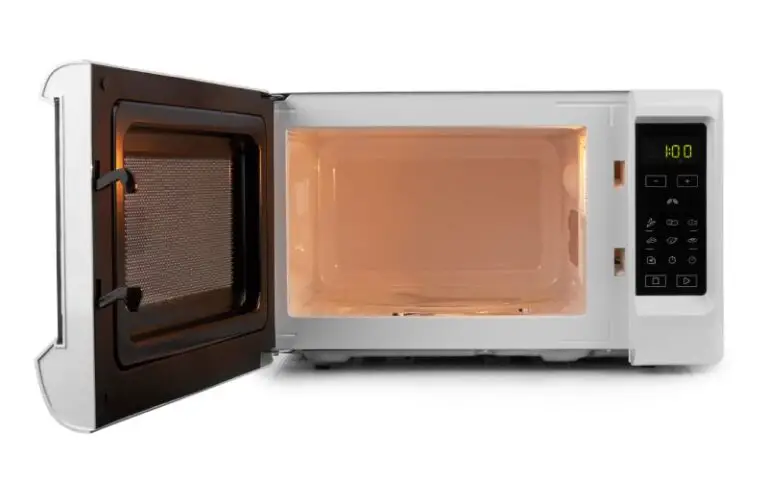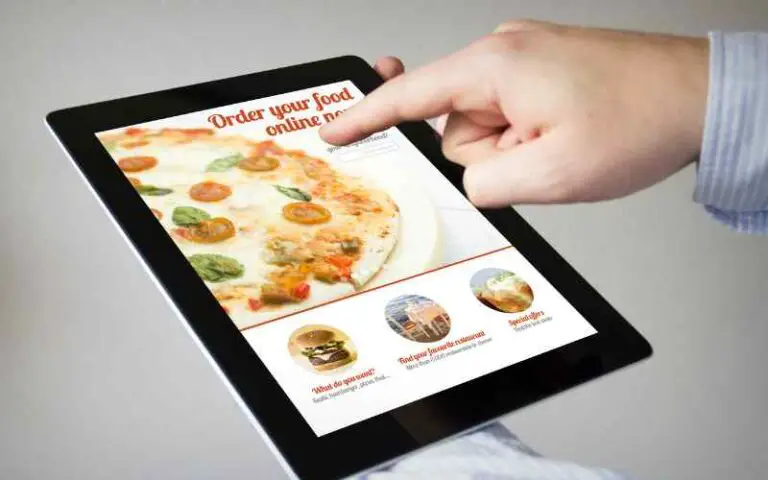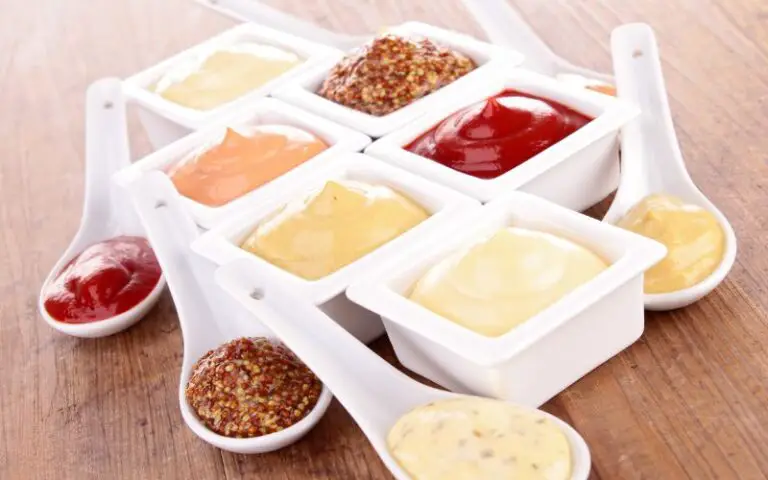Does Burger King Take 100 Dollar Bills? (Explained)
In this age where we pay for goods and services with swipes and clicks, a 100-dollar bill might hold some people in awe.
However, despite this high value, most people remain skeptical, especially in fast food industries where speed and convenience are selling points.
Considering these factors, you may wonder, would Burger King accept my bill, or do I need to find an alternative?
While many Burger King locations will accept a $100 bill, it is not standard practice across all outlets. The decision rests on several factors. These factors include the outlet’s policies, concerns over counterfeit money, and practical operational challenges. Instead, these outlets prefer to accept payments over other methods and lower cash denominations.
This article will explore why Burger King may or may not accept a $100 and the alternative payment options you can employ.
Does Burger King Accept 100 Dollar Bills?
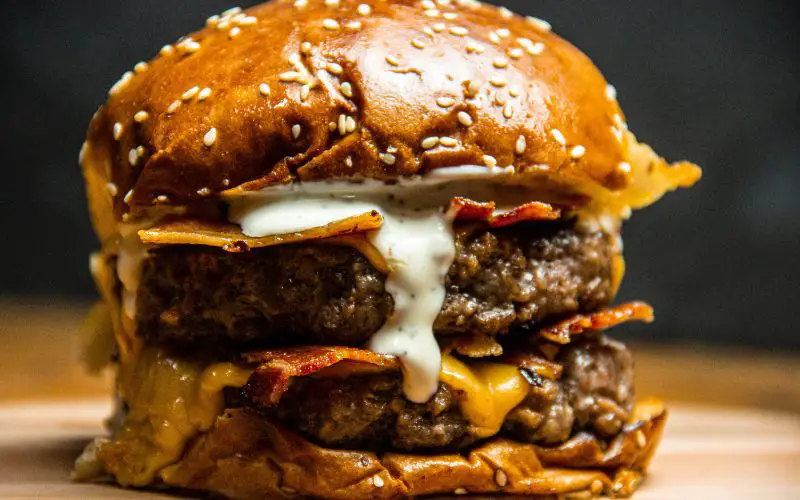
Typically, Burger King accepts all dollar bills, but this acceptance varies based on several factors. Location is a prime factor.
Burger King is a popular and globally recognized fast food brand. Like many international chains, it operates on a franchise model.
This model system means that although they all bear the same name, each outlet has its administrative and managerial team.
Because of this system, the acceptance of high-denomination currency, like $100 and $50, is not uniformly enforced across all locations.
The first factor to consider is the region where the outlet is.
In major urban areas, where high-value transactions are a norm, Burger King outlets may be more accustomed to regularly handling $100 bills.
The primary reason is these outlets in urban regions have more customers. The hustle and bustle of a city guarantee that more people carry larger denominations.
This reason is also evident in Burger King locations with tourist attractions. The economic status of a region largely determines the cash denominations its people carry.
In smaller towns, a $100 will most likely be rejected. In these areas, average transactions might be lower, making the frequency of these bills rare.
Because of this rarity, the outlet staff may lack the training to handle and authenticate high-denomination bills.
Another aspect to consider is the specific time you go to the outlet.
For example, if you go to an outlet, irrespective of the location, early in the day, the chances of the attendants accepting your bills are slim.
At this time, registers might not have enough smaller denomination bills to break a $100 bill, especially for smaller purchases.
On the other hand, when they have made more sales at peak hours, your chances of getting a change for your $100 bill increase.
While we will examine other reasons in the subsequent sections, you must take note of this vital information.
Whether or not a Burger King outlet accepts your bill is not a reflection of other outlets’ acceptance.
These outlets have different operational policies, which influence their decisions.
Why Do Some Burger King Locations Reject 100 Dollar Bills?
There are several reasons why some Burger King Locations would reject $100 bills.
As we discussed previously, some of these reasons are outlet region and time of purchase.
Here are some more reasons.
#1. Counterfeiting
Counterfeiting is the primary concern any large business, like Burger King, has with large bills, especially $100.
A single fake $100 bill can cause significant loss to their business. For this reason, accepting high-denomination bills like these is a risk most outlets will not want to take.
The outlets’ reservations become more valid when we consider one common counterfeiting fact.
Enterprises with large customer bases and intense rush hours are more likely to attract counterfeiters than those without these features.
These locations may decide it is safer to avoid them altogether.
#2. Operational Efficiency
The keyword in fast food is ‘fast.’ This means that food preparation and other accompanying transactions must be swift.
This way, the staff is confident that they can attend to as many customers as possible within the shortest time, especially during rush hours.
On the other hand, verifying the authenticity of a $ 100 bill takes time. Staff would need to use specialized markers and ultraviolet lights.
Considering the length of this process, most Burger King outlets would rather forgo the bill than slow down operations and dissatisfy other customers.
#3. Availability of Change
Change is another challenge to accepting these high-denomination bills.
Depending on your purchase, the attendant may have to give many smaller denomination bills to break up your single bill and make changes.
If the outlet makes it a habit to accept high denomination notes, it will deplete its cash reserves quickly.
This depletion becomes problematic when other customers want to buy food – especially during rush hours.
The outlet’s location plays a significant role in determining the amount of change an outlet would have at specific times during the day.
#4. Safety & Security
Safety and security are other aspects most Burger King locations consider before accepting a $100 bill.
If an outlet has a reputation for accepting these bills, it may make them vulnerable to robberies.
By refusing these bills, these outlets can reduce the total cash at hand, reducing their chances of being theft targets.
#5. Experience
Experience, they say, is the best teacher, and they certainly play a vital role in shaping operational policies.
An outlet that has had negative incidents regarding accepting $100 bills will decide to implement more stringent policies to protect its interests.
If this location also faces security issues, they may implement similar policies that will help prevent future occurrences.
It may be inconvenient for you, especially if those are the only denominations you have.
However, it is essential to understand and respect the outlet’s decisions.
It would also help if the outlet made its stand clear to all its customers to avoid misunderstandings.
What Bills Are Most Convenient for Burger King?
Now that we have seen why some Burger King locations do not accept $100 bills let us look at the bills they accept.
These preferred denominations ensure swift transactions and boost efficiency.
#1. $10 and $20 bills
Tens and twenties are the standards for fast food transactions.
These bills can sufficiently cover the cost of most individual or group meals without needing many bills as change.
The fact that most ATMs dispense $20 bills makes them more readily available and accepted in transactions like these.
#2. $5 and $1 Bills
These bills are perfect for smaller purchases or topping off other bills when necessary.
For fast foods like Burger King, the $5 bill is a common bill to give back as change for large denominations.
The more $5 and $1 bills an outlet receives, the higher the chance of maintaining a good balance in the register throughout the day.
#3. Coins
While it may be inconvenient to carry coins because of their weight and counting time, Burger King outlets still accept coins.
Coins help complete change and are excellent in drive-thru scenarios.
What Are Burger King’s Payment Options?
In this era, businesses are diversifying their payment methods to accommodate customer needs. Burger King is no exception.
Aside from cash, this enterprise’s adaptability in offering flexible payment options is a testament to its dedication to satisfying customers.
#1. Credit/Debit Cards
Cards are one of the most accepted means of payment, even outside Burger King. Many Burger King outlets have Point of Sale (POS) systems that accept various cards.
Examples of cards they accept are Visa cards, MasterCard, and American Express. Some credit cards often offer rewards or cash-back options anytime you use the cards.
#2. Mobile Payments
Mobile apps offer touchless payments, which more people lean towards because of the hygienic benefits.
Most mobile payments process faster than conventional card payments, which helps to speed up transactions.
Additionally, these payments are secure thanks to encrypted transfers and biometric authentication.
#3. Online Payments
Like mobile payments, online payments are convenient and secure. Burger King accepts payments from digital wallets like Google Wallet and Apple Wallet and platforms like PayPal.
These platforms can store multiple card details, enabling you to make payments without looking for your cards.
#4. Burger King App
The Burger King app is more than a portal to explore the menu. This app is also an efficient gateway with payment functionalities that allow you to order and pay for your meals.
You can save your preferred payment options to guarantee swift and straightforward checkout. Occasionally, the app offers exclusive deals and loyalty rewards.
#5. Burger King Gift Cards
Gift cards are popular with people who want a meal but want to use something other than their cards or cash.
Burger King offers plastic and eGift cards at no fees or expiration dates.
You can load these cards with any amount you like and use them as often as you like until the balance exhausts.
These gift cards help you with budgeting and make excellent gifts for celebrations.
Below is a table showing different payment methods and acceptance statuses across Burger King outlets.
| Payment Method | Acceptance Status |
|---|---|
| Cash ($50 – $100) | Not readily accepted in most outlets. |
| Cash & Coins ($20 and below) | Accepted in all outlets |
| Online payments | Accepted in all outlets |
| Mobile payments | Accepted in all outlets |
| Burger King app | Accepted in all outlets |
| Burger King gift cards | Accepted in all outlets |
| Credit/Debit Cards | Accepted in all outlets |
